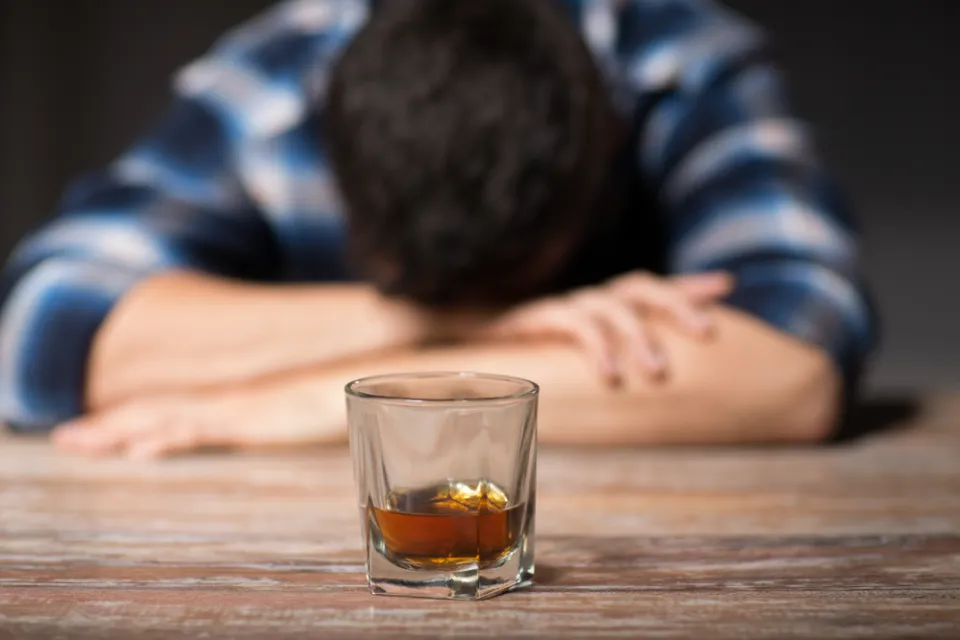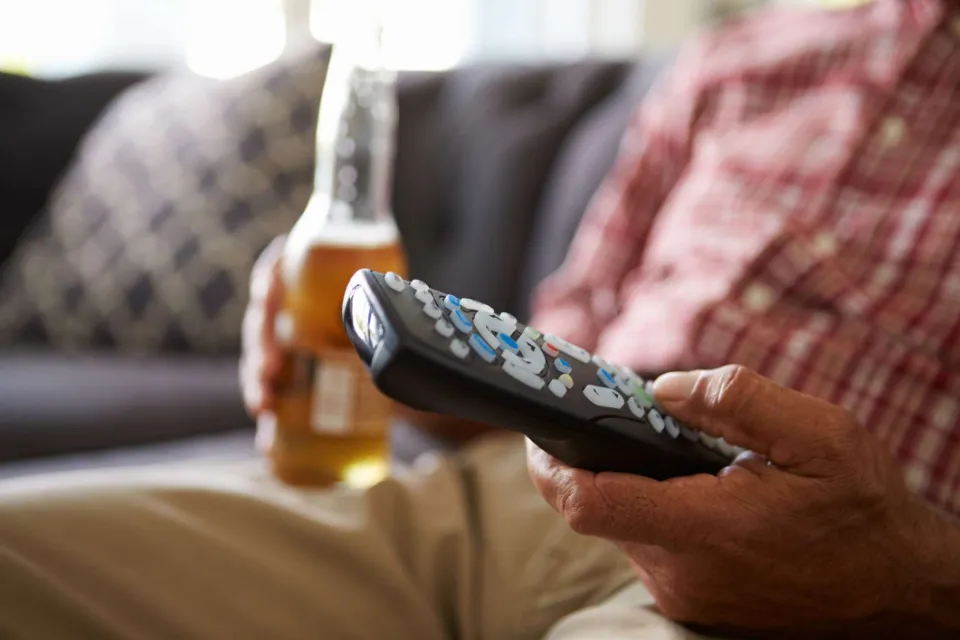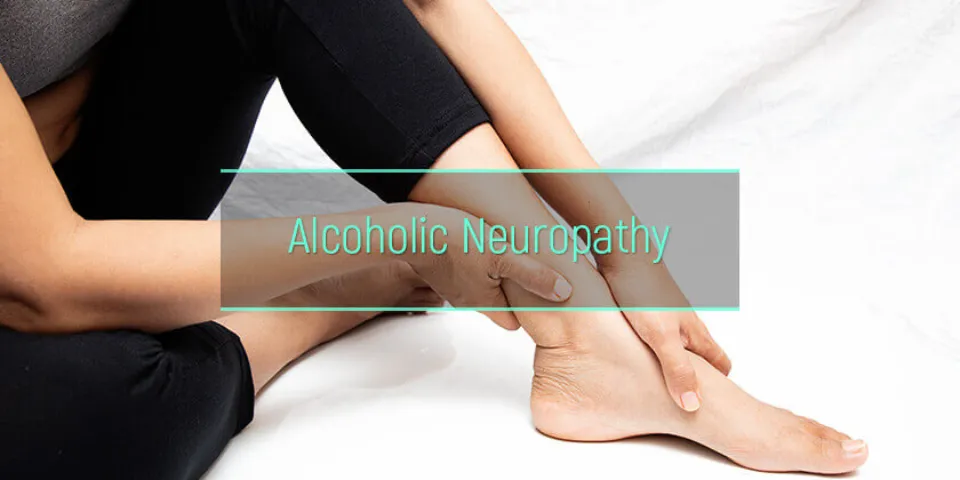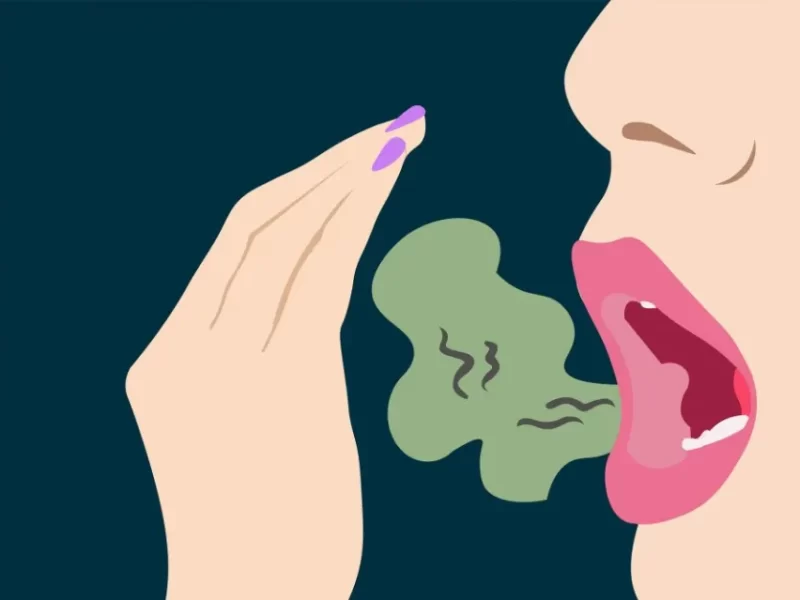Neuropathy can be brought on by a variety of ailments and conditions, including drinking excessive amounts of alcohol. However, few people are aware that the tingling and pain they experience in their extremities is actually another sign of their drinking. Alcoholic neuropathy is very common among heavy drinkers. Fortunately, these symptoms are frequently reversible by cutting down on alcohol consumption and seeking peripheral neuropathy treatment.
Knowing how much alcohol can cause neuropathy and how to handle the condition if you start to experience its symptoms is crucial if you consume alcohol.
How Much Alcohol is Too Much?
Because everyone’s body chemistry differs, it can be challenging to pinpoint the precise amount of alcohol-related neuropathy. Because of this, while you might feel inebriated after three drinks, another person might only be a little tipsy. Only those who have consumed alcohol excessively for an extended period of time typically develop alcoholic neuropathy.
Numerous symptoms can result from this excessive drinking, which harms the nerves. Although excessive binge drinking can hasten the onset of alcoholic neuropathy, it usually takes years to get to this stage.

How Does Alcohol Damage the Nerves?
Alcohol worsens the body’s ability to absorb nutrients like protein and B12, which leads to neuropathy. The body must decide where to distribute its remaining supply of these nutrients because there are fewer of them available. This frequently indicates that the nerves, especially those located further from the heart, deteriorate.
The liver, kidneys, and stomach may all experience negative effects from drinking excessively. Because the system that flushes these toxins is no longer functioning properly, this causes toxins to accumulate in the body. Additionally, the nerves and other organs of the body can be harmed by these toxins.
Signs and Symptoms of Alcoholic Neuropathy
Alcoholic neuropathy can gradually worsen, but its signs and symptoms are typically not immediately apparent. An individual who consumes alcohol heavily may frequently fail to realize that the symptoms are caused by alcohol. Signs and symptoms include any combination of the following:
- Bruises, cuts, sores, or skin infections on the toes, feet, or fingers
- Constipation or diarrhea
- Decreased pain from injuries, especially on the feet or hands
- Decreased sensation of the toes, feet, legs, fingers, hands, or arms
- Dizziness, particularly when standing with eyes closed
- Lack of coordination of the feet or hands
- Loss of balance/unsteadiness when walking
- Pain, tingling, or other unusual feelings in the toes, feet, legs, fingers, hands, or arms
- Sexual dysfunction
- Trouble walking a straight line, even without recent alcohol use
- Urinary incontinence
- Weakness in the feet or hands
Effects of Alcoholic Neuropathy
Alcoholic neuropathy is a nerve condition brought on by long-term, excessive alcohol use. Reduced sensation, pain/hypersensitivity, muscle weakness, and autonomic dysfunction are the four main effects of alcoholic neuropathy that are brought on by nerve damage.
Decreased Sensation
When sensory nerves are damaged by alcohol, it results in a loss of feeling in the hands and feet.2 If the loss of feeling is severe enough, alcohol consumption may result in actual numbness.
This may not sound like a terrible problem, but diminished sensation actually causes very serious consequences, including:
- Frequent bumps and scrapes:These injuries can occur more frequently if a person has a reduced capacity to feel the pain that would ordinarily accompany common minor injuries.
- Infections and bleeding: Tender sores and wounds may go untreated due to the absence of typical pain and discomfort, which increases the risk of further harm. It’s possible for wounds to bleed or infect over time.
- Diminished sensory skills: Walking, writing, and typing can all be hampered by an inability to balance and coordinate fine motor skills, such as finger movements and walking. Advanced alcoholism can cause a sense of unsteadiness, especially when the eyes are closed, which can result in hazardous falls.
Autonomic Neuropathy
Alcoholic neuropathy can weaken the autonomic nerves, impairing bowel and bladder function as well as sexual dysfunction. Autonomic nerves control functions of body organs like the bladder, stomach, and intestines.

Muscle Weakness
Since our muscles depend on nearby nerves for communication in order to function, severe alcoholic neuropathy may result in motor weakness due to nerve damage2. The muscles cannot work as they normally would when this message is obstructed by damaged nerves. Weakness in the hands and feet is the most common way that this shows up.
Increased Pain and Hypersensitivity
Alcoholic neuropathy can cause hypersensitivity to touch and even resting pain, which are two painful and uncomfortable effects that are frequently experienced. Light touch, especially on the fingers and toes, can feel exaggerated and painful.
Unrelenting pain in the hands or feet is one of the most uncomfortable symptoms of alcoholic neuropathy. The discomfort may be described as burning, throbbing, or as being sharp and stabbing. The level of pain may change as the condition worsens, occasionally easing for months at a time before intensifying once more.
Treatment for Alcoholic Neuropathy
To treat this condition, giving up alcohol is the most crucial thing you can do. Problems with alcohol use may be the primary focus of treatment. This may necessitate inpatient rehabilitation for some people. With outpatient therapy or supportive friends and family, other people might be able to stop drinking.
Your doctor can concentrate on the neuropathy itself after addressing the issue of alcohol use. Management of symptoms is crucial. You may find it challenging to perform basic daily tasks if you have nerve damage. Even so, nerve damage may increase the risk of injuries.
The needs of each individual vary. One or more different types of care may be used in neuropathy treatment. These include:
- Vitamin supplements to improve nerve health (folate, thiamine, niacin, and vitamins B6, B12, and E)
- Prescription pain relievers (tricyclic antidepressants and anticonvulsants)
- Medication for people with problems urinating
- Physical therapy to help with muscle atrophy
- Orthopedic appliances to stabilize extremities
- Safety gear, such as stabilizing footwear, to prevent injuries
- Special stockings for your legs to prevent dizziness
Conclusion
This condition typically results in permanent nerve damage. Your symptoms might worsen if you continue to drink. Your arms and legs might get hurt, and you might become disabled. Alcoholic neuropathy can, however, be treated to lessen its effects if detected in time. Moderate to complete recovery can occasionally be achieved by abstaining from alcohol and improving your diet.



